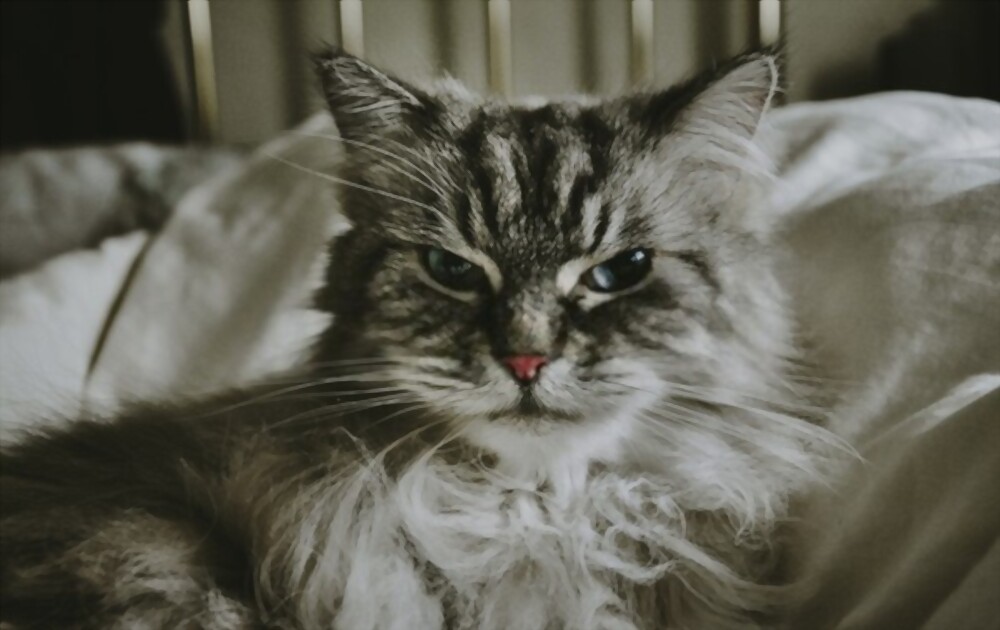Cats are known for their aloof and independent nature, which can sometimes make them seem moody or unpredictable. However, many factors can contribute to a cat’s moodiness, and pet owners need to understand these factors to provide the best possible care for their feline friends.
One of the main reasons why cats can be moody is due to their genetics. Domesticated cats are descended from wildcats, which were solitary hunters. As a result, cats have a strong independent streak and can be quite aloof at times. Some cats may prefer to be alone or may only want attention on their terms. This doesn’t necessarily mean that they are unhappy or unloving, but rather that they have their own unique way of expressing themselves.
Another potential reason for a cat’s moodiness is its environment. Cats are highly sensitive creatures that are easily stressed by changes in their surroundings. A cat’s mood can be affected by a variety of factors, including the quality of its food, the cleanliness of its litter box, the temperature and lighting of its living space, and even the presence of other pets or people in the home. If a cat is experiencing stress or anxiety, it may become moody or aggressive as a way of coping with its environment.
Additionally, routine is very important to cats, and any changes in their daily schedule can cause them to become moody or upset. For example, if a cat is used to being fed at a certain time each day and that schedule is disrupted, it may become anxious or irritable. Similarly, if a cat is accustomed to certain toys or playtime activities and those are taken away, it may become bored or frustrated.
A cat’s health can also play a role in its moodiness. Cats are notorious for hiding their illnesses or injuries, so pet owners need to be vigilant and monitor their cat’s behavior closely. If a cat is not feeling well, it may become lethargic, lose its appetite, or become irritable. Some cats may even lash out in pain or discomfort, so it is important to be aware of any changes in behavior or demeanor.
In addition to these factors, a cat’s breed, age, and past experiences can also influence its mood. For example, some breeds of cats are known for being more high-strung or temperamental than others. Older cats may become moodier or easily irritated as they age, while younger cats may be more playful and energetic. A cat’s past experiences, such as previous abuse or neglect, can also have a lasting impact on its temperament and behavior.
As a pet owner, there are several things you can do to help your moody cat. First and foremost, it is important to provide a safe and comfortable environment for your cat. This means ensuring that its food and water bowls are clean and fresh, its litter box is clean and accessible, and its living space is free from any potential stressors.
Additionally, providing regular playtime and stimulation can help to keep your cat happy and engaged. In addition to the role of toys and interactive toys which help your cat to be happy and more active. You can find a wonderful range of cat toys in our shop cat toys
If you notice any changes in your cat’s behavior or mood, it is important to schedule a visit with your veterinarian. They can perform a thorough physical examination to rule out any underlying health issues and provide guidance on how to best care for your cat’s specific needs.
In conclusion, cats can be moody for a variety of reasons, including genetics, environment, routine, health, and individual temperament. Understanding these potential factors can help pet owners to provide the best possible care for their feline friends. By creating a safe and comfortable environment, providing regular stimulation
and playtime, and monitoring your cat’s behavior closely, you can help to keep your moody.
We would love to know if your cat is moody or not. Tell us in the comments section below.

